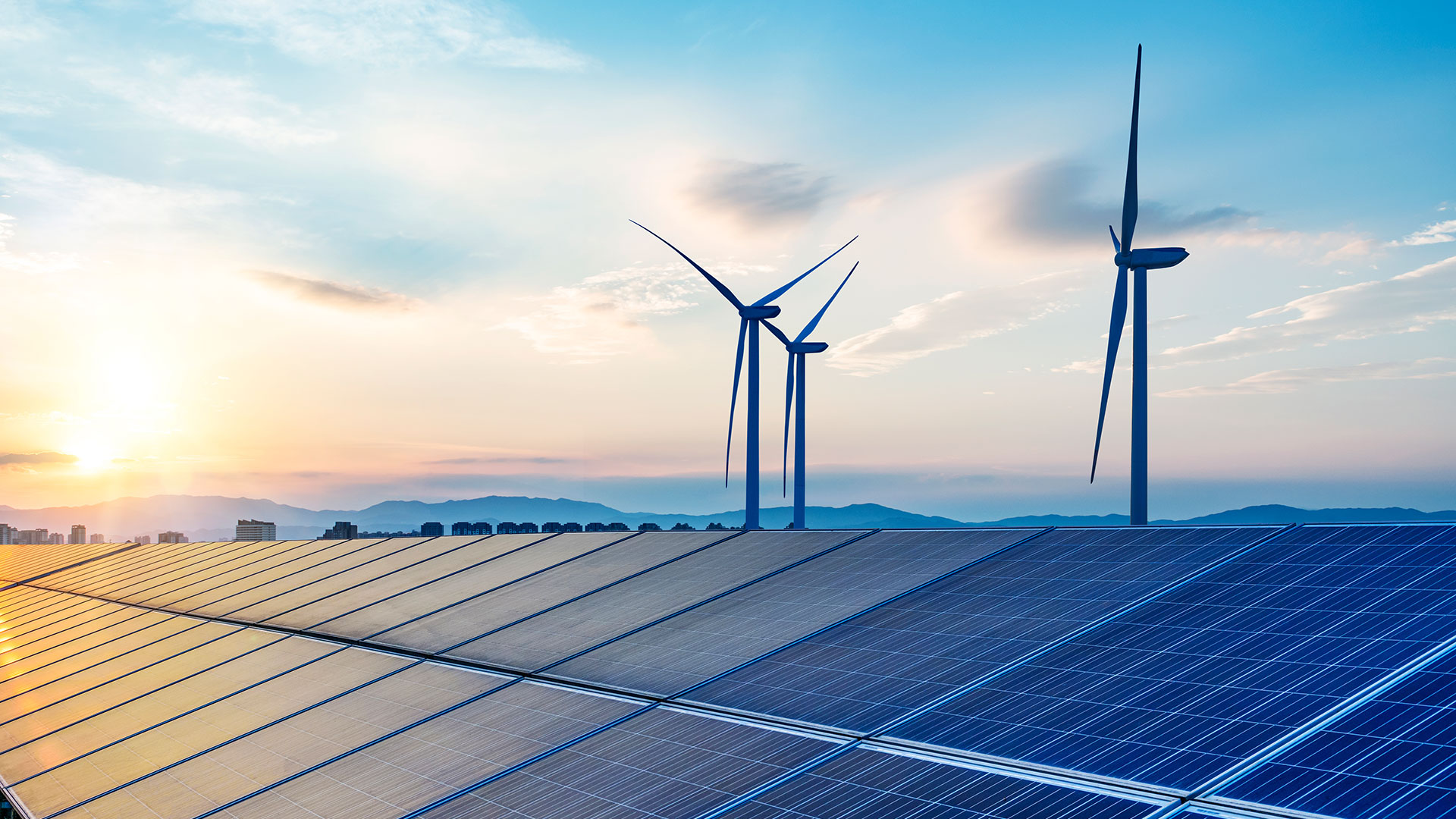Does the rising share of renewables in Germany lead to more imports of nuclear or coal electricity?
With an energy system based on renewables, Germany would not need to import coal or nuclear electricity. The current energy crisis is due to extreme volatility on the global fossil energy market, and an energy system 100% based on renewables will protect the market from such shocks in the future. Until the crisis, Germany was a net power exporter since 2003 and did not need to import nuclear or coal electricity to compensate for relying on renewables. In fact, renewable energy sources had more than compensated for the closure of fossil and nuclear power plants.

Germany has been a net power exporter since 2003
European power systems are interconnected and trading electricity between neighbours reinforces supply security. The power exchange balance of Germany has been positive since 2003 despite the gradual phasing out of nuclear power (Question 1).
During hours of low renewable feed-in and high demand, it is cheaper for Germany to import power from its neighbours (rather than to produce electricity nationally), while in hours of high renewable feed-in, it is cheaper for Germany’s neighbours to import electricity from Germany. However, up to 2021, there was no need to import more electricity from neighbouring countries to compensate for the coal and nuclear phase-out in Germany, as growth in renewables has more than compensated for the closure of nuclear power and coal plants.
Germany’s export surplus has started to decline over the past few years, approaching a more balanced position
In 2017, Germany’s power export surplus was extremely high due to the low CO2 price under the EU Emissions Trading System (EU ETS). The trend started to reverse in 2018 when market conditions became less favourable to coal power. Germany’s export surplus started to gradually reduce, reaching a more balanced position. In 2021, Germany saw its electricity export surplus shrink to 19.3 TWh. Power exports increased to 71.6 TWh, but electricity imports to Germany also increased to 52.4 TWh. Prior to the energy price crisis, this reduction of the export surplus was expected to continue amid the nuclear and coal phase-outs and increasing CO2 market prices. However, as a result of the shutdown of a large part of the French nuclear power fleet due to technical issues, and a drought, which led to low generation from hydropower and transport bottlenecks for oil and coal, the supply situation in Europe tightened in 2022. The balance in Germany was counteracted in particular by increased generation from wind power and photovoltaic plants compared with previous years. This led to an increased export balance, which will decline again as soon as the supply situation eases and neighbouring countries also accelerate their renewable expansion.
Last revision on .
